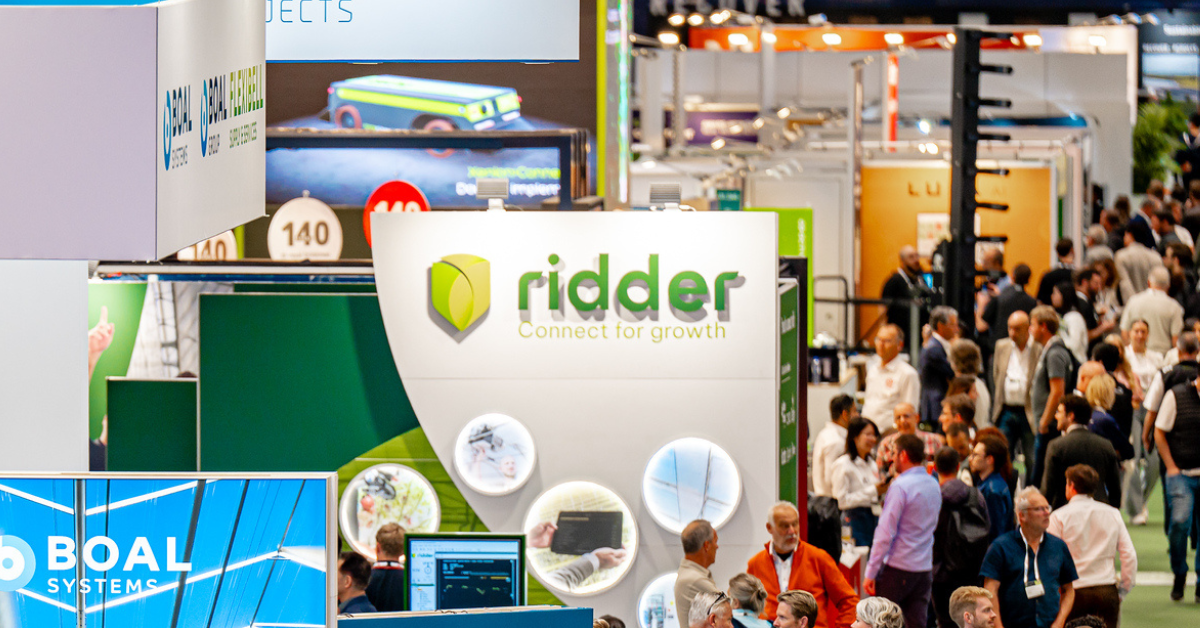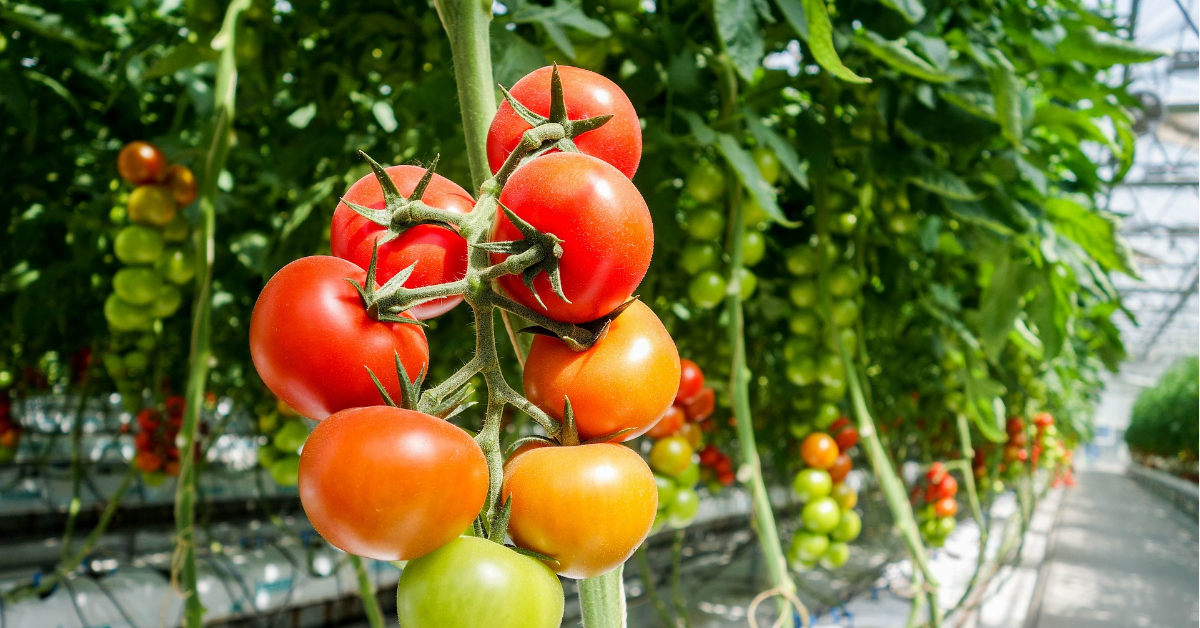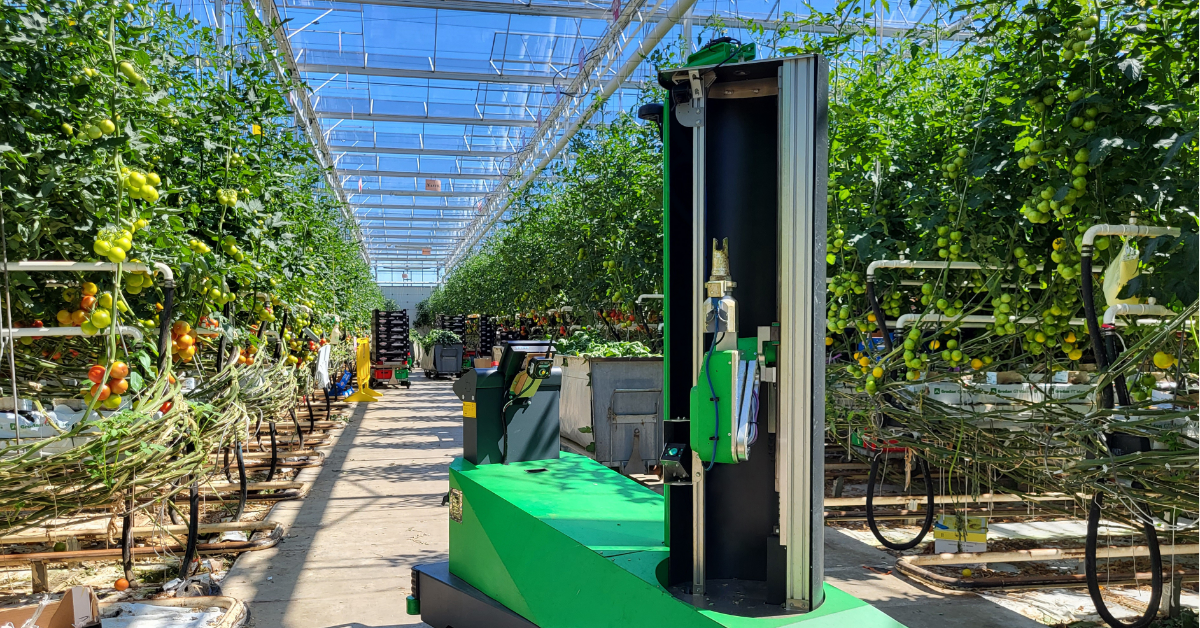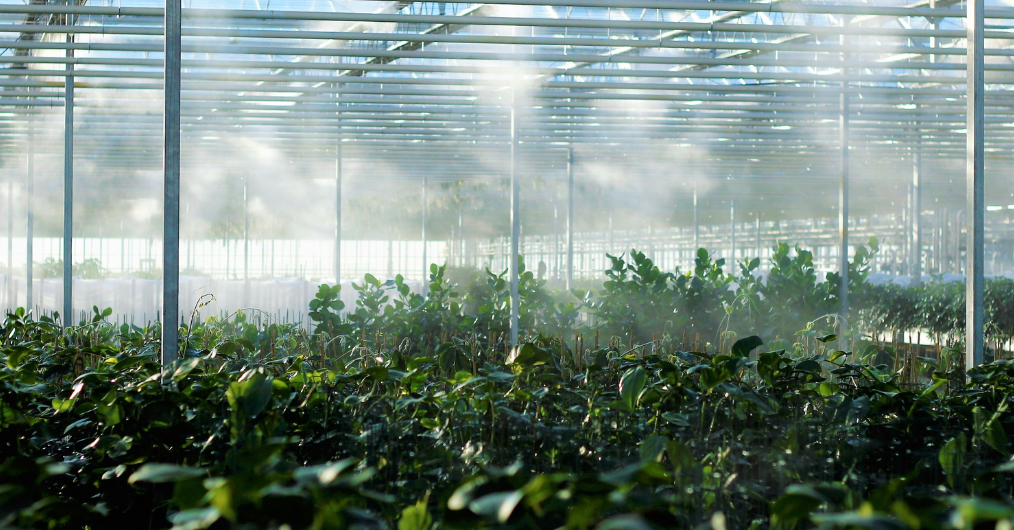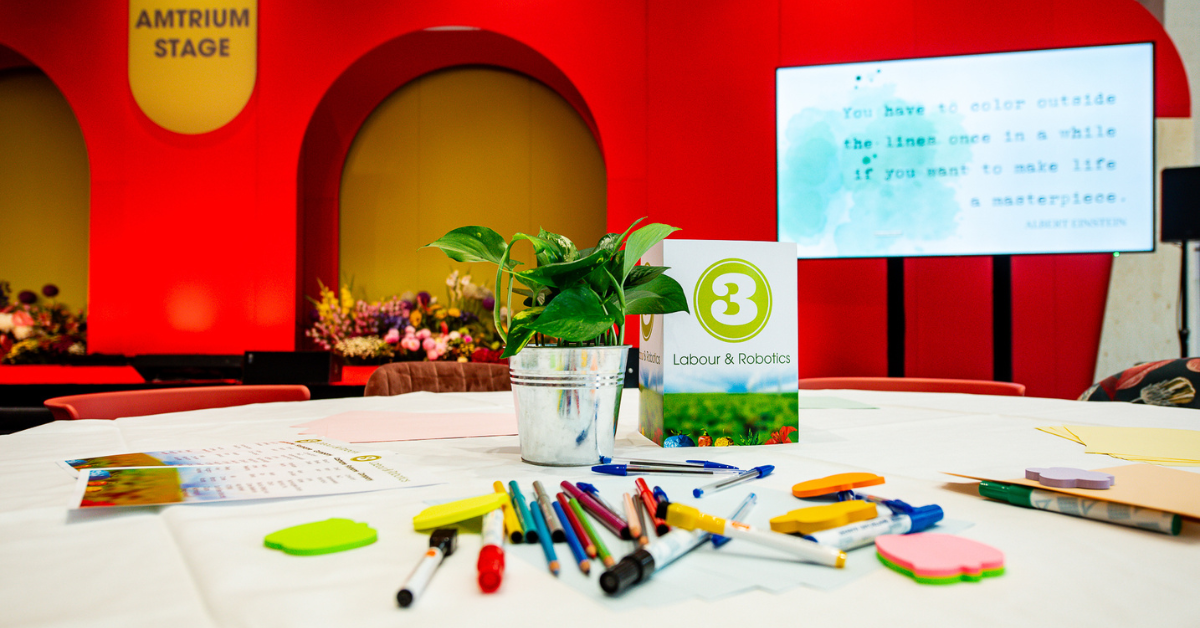Innovation is 20% technical and 80% social
 Author: Jacco Strating
Author: Jacco StratingKnowledge and research company Delphy and technology company 30MHz will be working closely together. Both companies have a shared philosophy about the future of greenhouse horticulture worldwide: digitization and knowledge sharing are crucial for this. Together they want to help growers make decisions in the greenhouse, so they can spend their time on essential business. “Growers should be able to make choices based on the best possible knowledge, his own observation and experience.”
"Providing insight" is the shortest definition of what the collaboration between Delphy and 30MHz should mean. Sytse Zuidema, General Manager 30MHz: “Our platform can use technology to provide insight into what is happening in the greenhouse, so that growers know faster and better what is going on and can act accordingly. Increase yields and reduce waste; that is the essence of working with the best possible knowledge.” There were various reasons for knowledge and research company Delphy to look for an external partner with experience in the field of digitization. There was little need to build up that expertise in-house. Apart from the investment in money and time that this would require, being impartial was an important issue. Aad van den Berg, Manager Delphy Digital: “Our expertise is knowledge of plants. And our goal is to help growers with that. We want to be able to work with everyone for this. Whether a grower works with a Hoogendoorn or a Priva computer should not matter. That requires an independent and scalable platform on which you can exchange all data. This becomes difficult with your own platform, because it will at least give the appearance of 'they are watching'. You also want the guarantee that the data is stored properly and securely, and even then, you are better off with a party that specializes in this.”
Both parties have been working together regularly for years, but a decisive moment was the joint participation in the Autonomous Greenhouse Challenge 2019. The construction of a series of applications for autonomous tomato cultivation went almost perfectly and was the direct reason to open discussions about further cooperation. A strong basis for this is the "openness" advocated by both parties. Zuidema: “Our platform is totally agnostic, so it's super neutral. It doesn't matter who connects or which technique are used, it can always be linked.” And just as Delphy wants to provide advice to as many growers as possible, 30MHz wants to have as many parties as possible on its platform. Because the more data is available, and the more specialized parties can analyse this data via the platform and provide it with their knowledge, the more valuable the data that comes out will become. And the higher the added value of the resulting advice becomes. Starting with the advice by Delphy.”
More than a nice graphic
The cooperation agreement is modern and therefore very open. There will be no joint office, nor will there be any forced shopping. “We won’t become a dealer for 30MHz sensors all of the sudden,” Aad van den Berg says. Strengthening and supplementing each other in complete freedom, that is where added value must be sought. What growers will notice of that? Van den Berg: “I hope they experience that developments are accelerating. That sharing data goes further than showing something in a nice graphic or table. The point is that you can upgrade it to something that a grower can make a profit from. I miss that translation on a lot of platforms, but that is the added value that our applications will deliver on the 30MHz platform.” Sytse Zuidema thinks that the added value of the platform for growers can lie in a higher frequency as well as in the supply of more data - for example very accurate weather data. “Instead of doing a crop registration once a week, you can also choose to see how it is every two minutes. This gives new opportunities to provide advice and management information.”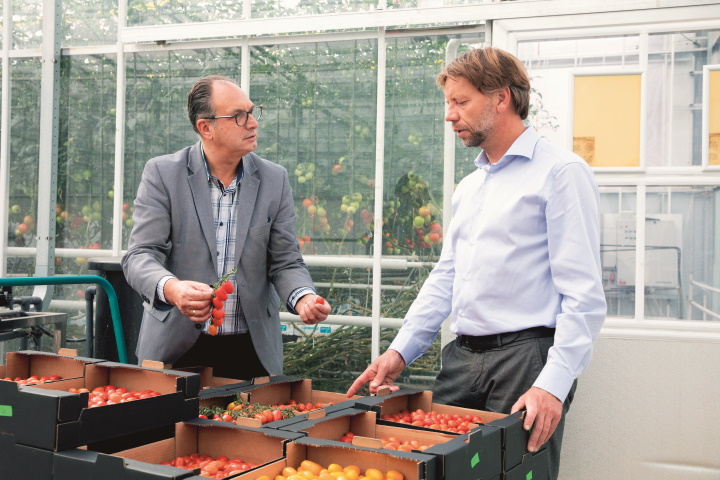
In China and Japan, among others, Delphy and 30MHz are already at an advanced stage with growing tomatoes and cucumbers by using the 30MHz platform. Van den Berg prefers to speak of "data-driven cultivation management" in stead of "autonomous cultivation". Because humans still play a role. In China, for example, it concerns a large existing and a large new greenhouse with only one cultivation manager. He receives digital help and instructions from a Delphy cultivation specialist from Bleiswijk in the Netherlands. “Internationally, people are increasingly asking for 'green knowledge' from the Netherlands. We are still leading in the world in the field of greenhouse horticulture. There is more demand than our people can handle with their suitcase in hand. That is also why digitization is important to us, to keep it all manageable for our company.”
Digital with human language
With the collaboration between 30MHz and Delphy, not everything is immediately changed. Zuidema: “We prefer evolution over disruption. In contrast to the rise of some tech companies such as Uber, this is a process for us. I am very happy if our platform will be the norm in five years' time. But it comes with steps. It is not that you replace all people or all their knowledge at once. Not at all. But it is a movement that cannot be stopped.” Van den Berg agrees: “And its is also a movement where you need people. We are in favour of digital but combined with human language. Because technical innovation only succeeds if you also innovate socially. So, give people the space to adapt to a changing organization. Innovation is at most 20 percent technical and 80 percent social, so that is by far the most important component.”Share your horticulture technology stories with us
Do you have an innovation, research results or an other interesting topic you would like to share with the international horticulture technology industry? The GreenTech website and social media channels are a great platform to showcase your stories!
Please contact our Brand Marketing Manager Murkje Koopmans.
Are you an GreenTech exhibitor?
Make sure you add your latest press releases to your Company Profile in the Exhibitor Portal for free exposure.
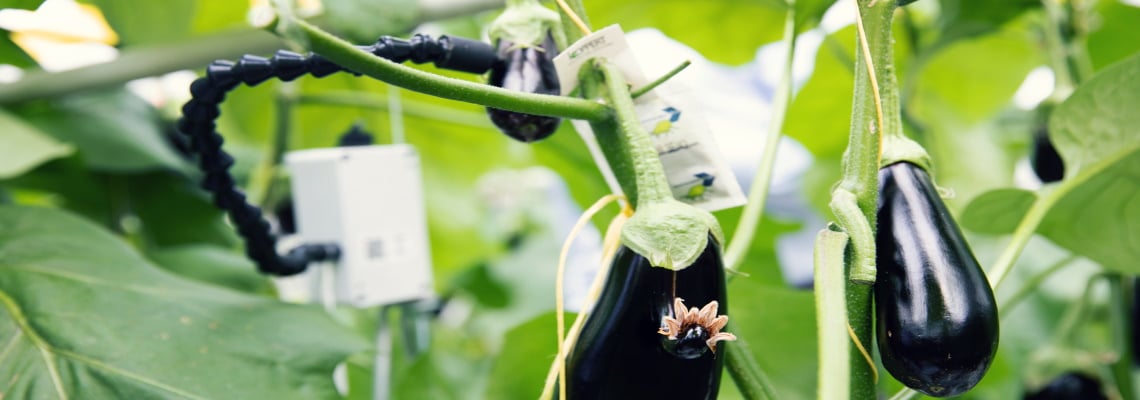
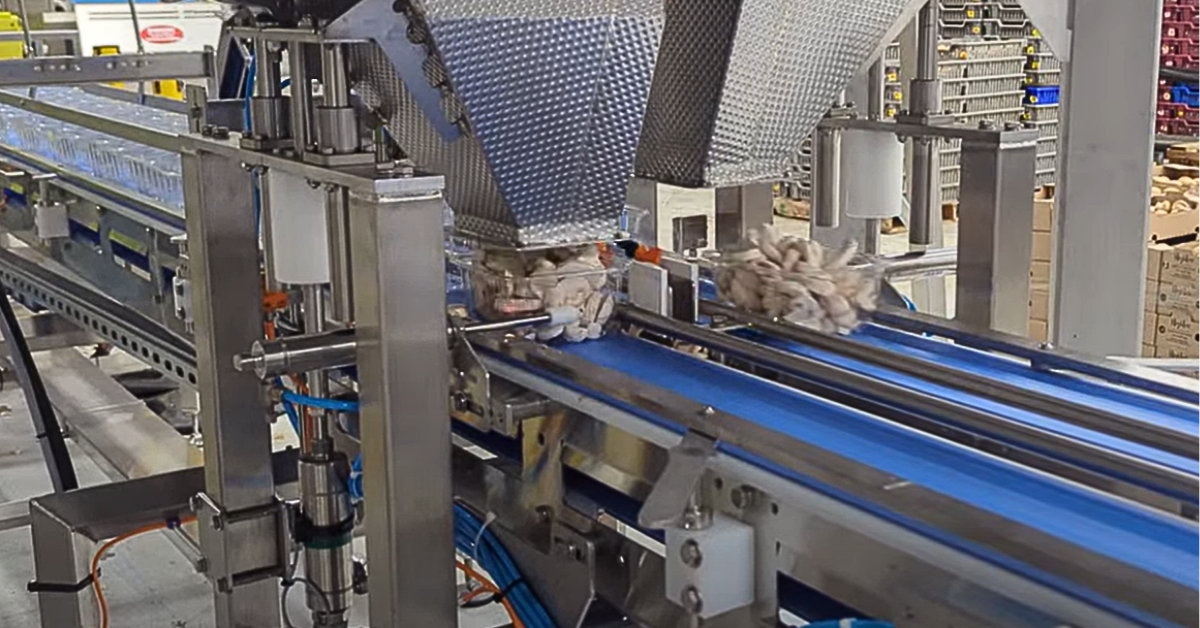
.png?h=628&iar=0&w=1200)
